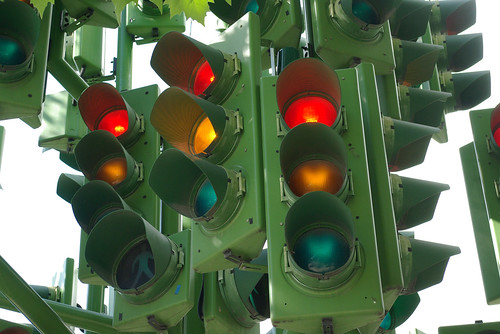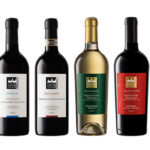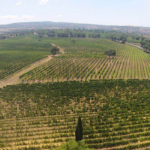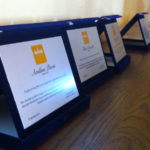 Christmas is the time of the year in which most sales are concentrated. This obviously is also the case for wine, chosen as a present by those who want to donate not only the pleasure of a drink, but also the emotions of an evening spent in company, sharing a nice glass of wine with your dear one.
Christmas is the time of the year in which most sales are concentrated. This obviously is also the case for wine, chosen as a present by those who want to donate not only the pleasure of a drink, but also the emotions of an evening spent in company, sharing a nice glass of wine with your dear one.
This year, however, as though the economic crisis alone was not enough, there’s also another factor, namely Art. 62, a law regulating commercial relations with regards to the sale of agricultural and food farming products. In particular, according to this article which entered into force at the end of October, it is now obligatory in Italy to pay invoices – when the object it the sale of food farming products – within 60 days. Should this not occur, it will be considered a criminal act, under criminal law. This, of course, is a simplification, and, unfortunately, quite a big simplification since the biggest problem is that today the scope of this article is still not very clear nor how this article should be applied. In these past few weeks, in fact, like many other companies, we are renewing contracts and orders, also in view of Christmas coming up, but what we see is lots of confusion. And confusion, as is often the case, is paralysing.
The idea behind this law would be to respond to a problem that every wine producer knows well: collecting credits. In part of the restaurant industry, it’s now a far too common custom, that of purchasing wine without paying it on the date stated in the invoice. A custom which, in fact, transforms farmers – and wine producers too – into credit providers for the next link in the distribution chain.
Indeed, there is confusion, because once again a law has been made, which only works on paper. So some say this article cannot be applied in certain cases – such as that of those who serve wine, as in the case of a wine-bar or a restaurant. Meanwhile, those who would need to order wine, especially now, with Christmas coming up and with wine being a popular choice for a present, are stuck. They’re waiting. Waiting to be sure no problem arise. After all there’s always some stock from which to draw. So instead of having more tranquillity, more certainty, producers can only take cognizance of the lost sales.
So once again, instead of stimulating consumption, instead of stimulating a recovery, here comes Article 62, blocking everyone, putting even us, as a consequence, in stand-by. Waiting to understand. Missing, perhaps, some good opportunity.




